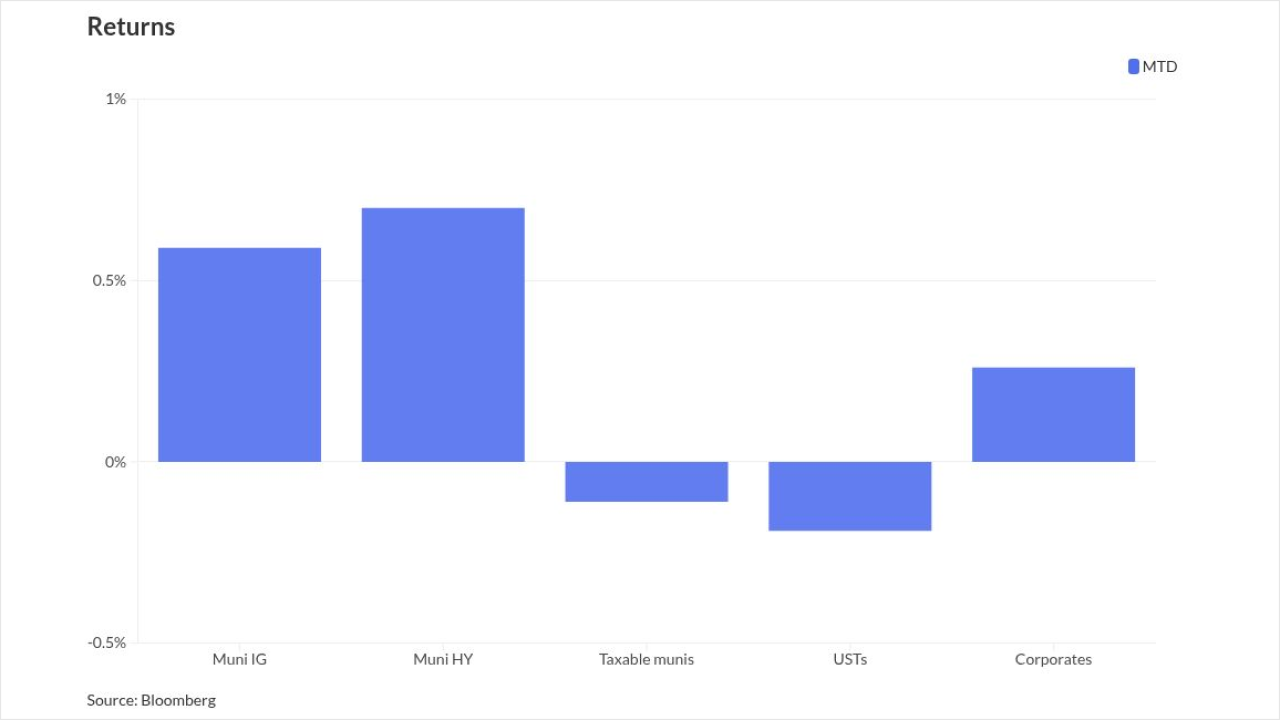As Massachusetts Gov. Charlie Baker begins unwinding social distancing rules created to reduce the spread of COVID-19, a watchdog organization has warned about a $6 billion state revenue loss.
The Boston-based
Massive layoffs pushed the commonwealth’s unemployment rate to nearly 22% in the fourth quarter of fiscal 2020, causing withholding taxes to plummet by $1.9 billion, the foundation said.

Shuttered economic activities and the loss of personal income will cost the state $2 billion in sales tax revenues, while the foundation expects non-withholding income taxes and corporate payments to fall by $967 million and $905 million, respectively.
“The skyrocketing unemployment numbers and the plummeting tax revenues are shaping up to be even worse than data indicated just a month ago,” said Eileen McAnneny, the foundation’s president. “Assumptions in MTF’s April revenue forecast are proving overly optimistic.”
As of Tuesday afternoon, COVID-19 has killed 5,938 people in Massachusetts, according to the state Department of Public Health.
Baker on Monday revealed his four-phase
Manufacturing and construction were expected to open up this week, with office space, limited personal services, hair salons and pet grooming, among other business, targeted for next week.
Boston Mayor Martin Walsh said New England’s largest city would move slowly.
Baker last Friday signed a
The state Senate and House of Representatives passed the bill in video sessions. The legislation “provides a necessary bridge to help us get through the next few months until the next fiscal year,” said Michael Rodrigues, D-Westport, who chairs the Senate’s ways and means committee.
Borrowing could exceed $2 billion. Revenue collections for April were $2.2 billion, or 52.2% below the commonwealth’s April benchmark, according to state revenue officials.
Moody’s Investors Service rates the commonwealth’s general obligation bonds Aa1. Fitch Ratings and S&P Global Ratings rate them AA-plus and AA, respectively.
McAnneny cited several material changes since MTF’s April 14 forecast, including national and in-state unemployment statistics. Massachusetts unemployment insurance claims increased by 355,000 since the commonwealth’s April 9 report and another 630,000 people who are ineligible applied for the federal government’s pandemic unemployment assistance program.
In addition, she said, the pandemic is lasting longer than expected both in Massachusetts and nationwide, with medical experts envisioning a second wave. The $2.9 trillion in federal relief legislation passed to date, she added, provides less than what may be necessary to mitigate the economic effects.
“It is less clear now than in April that additional federal funds to stimulate economic growth is feasible this fall,” McAnneny said.





